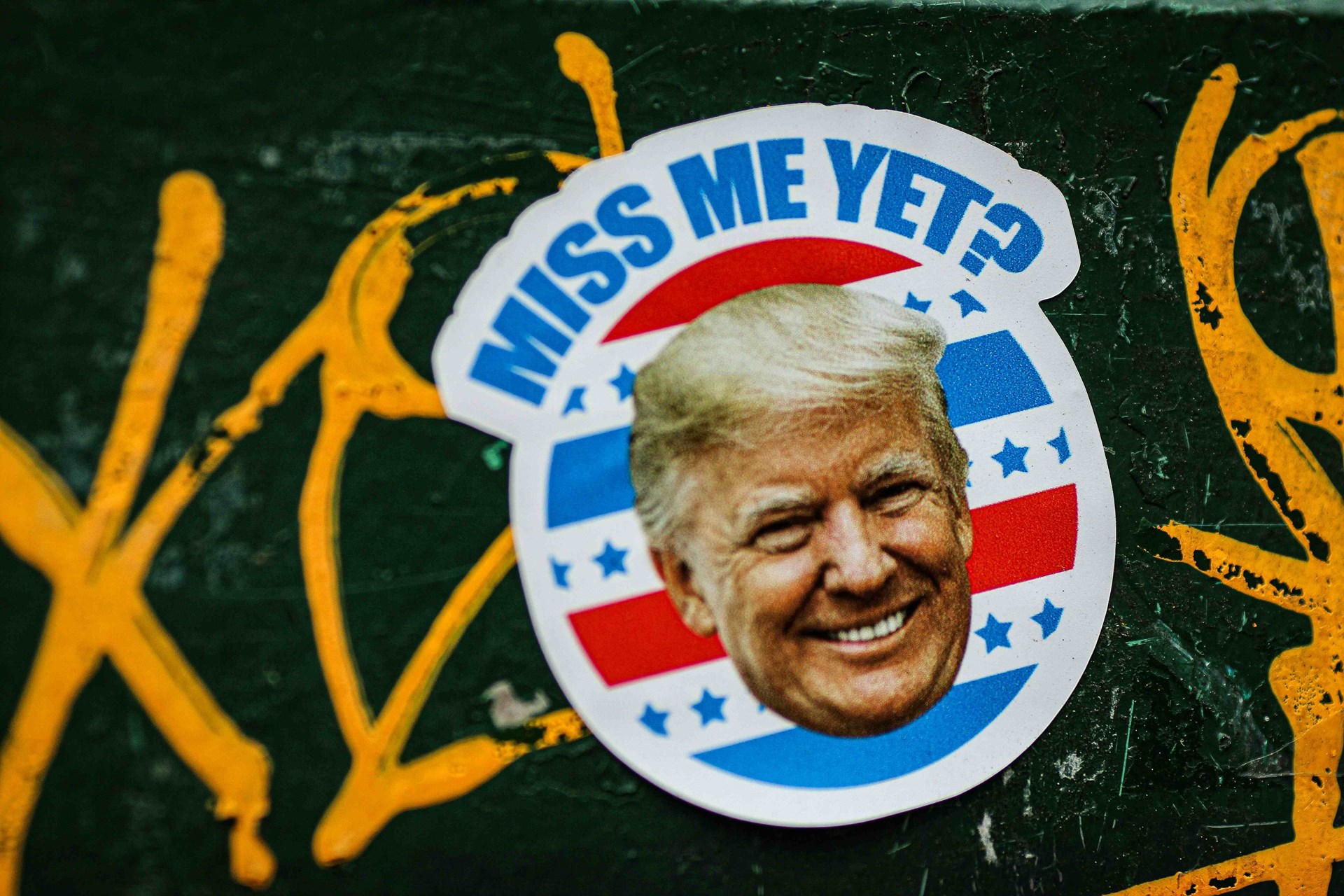In the course of 2024, elections will be held affecting more than 40 per cent of the world in terms of population or GDP, or roughly double that if we use the weights in the MSCI World Index. Not least the US presidential election is the subject of much excitement, or perhaps apprehension, with two candidates who have little in common besides old age and low approval from half of the electorate.

How will this affect the stock market? There may certainly be more important angles, but this perspective is rather common in my industry.
Most answers settle for summary statistics. Like, returns have been higher with a Democratic than with a Republican president – on average, that is. But that’s just a simple count of historical numbers. What does the research say?
In short: a lot. There is no shortage of research on the link between politics and the stock market. According to one paper, the stock market reacts to signs of a clearer outcome in an upcoming election. There is a minor catch, though: It’s not quite clear whether the reaction is positive or negative.
Others suggest that political risk should be added to the list of known risk factors, alongside pricing, momentum, and size. Here, at least, there is justification for calling it risk. But this risk can be reduced by investing in companies with more of their revenues from abroad.
Furthermore, we have confirmation that stock market volatility is influenced by changes in political support prior to the election; it also increases after the election. More unexpected election outcomes have a greater impact (which perhaps is not that unexpected).
Then there’s a twist on beta, i.e. the degree to which shares fluctuate with the market. The starting point in this case is US presidential economic approval ratings (PEAR). The researchers construct an index based on the average of various opinion polls. They then calculate the beta of the shares against this index, in much the same way as beta is calculated against market returns.
Since support for the incumbent president tends to be high when the economy is doing well, the PEAR index will typically be pro-cyclical. The calculation takes into account various macroeconomic variables, but it remains the case that the PEAR index is higher and risk aversion lower when the economy is doing well.
Surprise, surprise: Stocks with a low PEAR beta do much better than stocks with a high PEAR beta. And this conclusion proves to be strong, regardless of period and president. It is also evident in the other G7 countries, with significant findings for Canada, Germany, Japan, and the UK, all of which have close economic ties to the US. It is also stronger in recessions, when risk aversion is typically even higher.
Most surprising of all, perhaps, is the researchers’ apparent astonishment. After all, it has been known for a number of years that higher beta doesn’t pay off. Despite the textbook insisting that you should expect higher returns when you take more risk, the opposite has been demonstrably true in practice (my own calculations show that the same holds for Norway). Hunting for the sexiest stocks means that a lot of boring profitability is overlooked. I think many managers realised this a long time ago, without being surprised that researchers confirm it.
If you’re more interested in the political aspect, you may note that the market also influences elections. When the stock market has done well, support for the incumbent president is higher in US counties with high stock market participation. I do suspect, though, that this is yet another candidate to be filed in the ‘didn't we know’ drawer.
And if you find elections exciting, regardless of their links to the stock market, I recommend that you follow the bookmakers rather than the opinion polls. It has long been proven that accuracy is better if the opinions are backed by financial skin in the game.
Which, incidentally, is how the stock market works.
Sources:
“Presidential economic approval rating and the cross-section of stock returns”
Zilin Chen, Zhi Da, Dashan Huang, Liyao Wang
Journal of Financial Economics, January 2023
“Real Effects of Markets on Politics: Evidence from US Presidential Elections”
Alan D. Crane, Andrew Koch, Leming Lin
American Economic Review: Insights
March 2024

